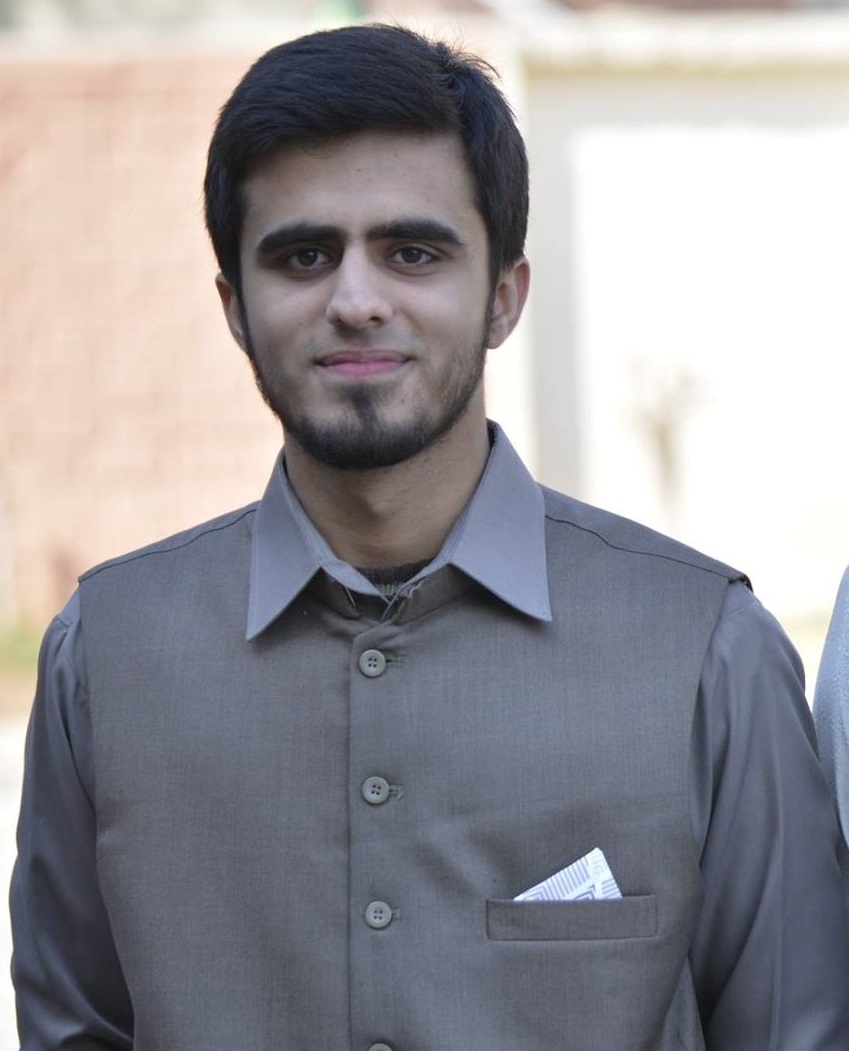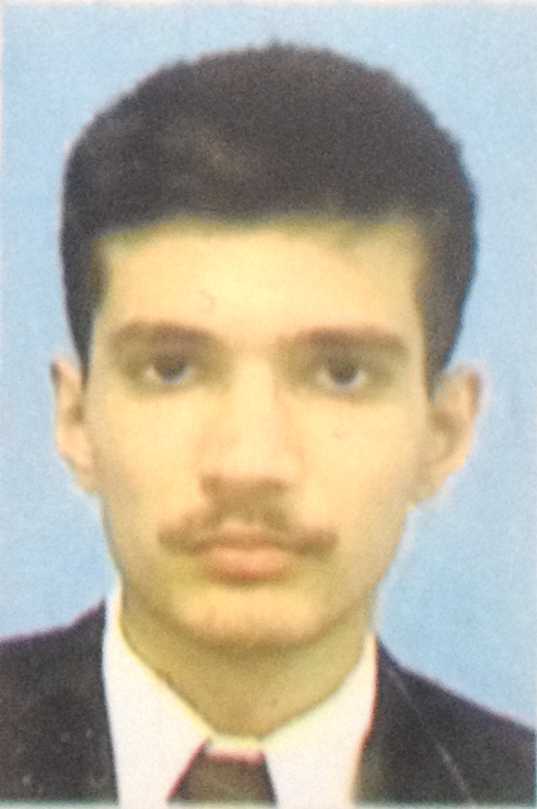AI based Ophthalmology Grading
PUBLIC
Pakistan, NUST CEME
Members

Khizar Hussain
ADMIN
Pakistan

Asad Mansoor Khan
ADMIN
Pakistan
Team Gallery
No gallery images have been uploaded.
Project Overview
In Pakistan, we have about only 11 ophthalmologists against 1 million population and due to this low doctor to patient ratio, many patients are unable to get proper treatment and diagnosis facilities. Many rural areas are deprived of ophthalmologists which increases the risk of severe visual impairments or even blindness. Automated tools are designed to cover this deficiency of ophthalmologists. The conventional tools used in ophthalmology are too time consuming and inaccurate. These slow methods are very troublesome for both doctors and the patients. To solve this problem, we are developing a 360° AI based Ophthalmology Grading and Analysis tool that will automate the long doctor-patient cycle in Ophthalmology. It will use advance Deep Learning Techniques to diagnose disorders from Retinal Images. It comprises of following modules:
- The captured fundus images from fundus exam will go through a CNN based quality check where those images which are not processable are discarded. This is only done if the image lacks proper illumination, focus and contrast. After that, we check for individual key features such as Optic Disk, Macula etc to classify the images as acceptable or not. This is one of they key features that gives us an edge over our key competitors such as Google whose AI based retinopathy detection model failed after a few weeks because the quality check threshold was too sensitive. In our case, the system will automatically learn these thresholds using real-time feedback from the doctors for “Incremental Learning”.
- After the quality check, each photo is sent to an automatic montage creation module where images of retina captured at multiple angles are stitched together to create a montage. Just like the one we see in panoramic phones, except this one as it stiches images in all directions.
- The fundus images are then sent to a cloud-based AI model where grading of severity of the diseases (Proliferative, Severe, Mild, Moderate Normal) takes place. The grading occurs for commonly known disorders such as Glaucoma, Diabetic Retinopathy etc.
- The deep learning-based models then segment out vessels, hemorrhages, microaneurysms, exudates, optic disks, and macula.
- After segmentation, the doctors can see the results of AI and submit their feedbacks using a simple click of a button. These feedbacks will be learnt over time to generate a log at backend which will be fed back to the model at regular intervals. This is displayed in a web application with an interactive UI where the doctors can register patients, see results, and submit their feedbacks.
- For the cloud backend in this project, we are using Microsoft Azure services. We are deploying our models in ML studio which communicates with a mobile app and a dashboard on the doctors end.
The platform we are introducing will be made on a simple UI/UX for both the doctors and the patients. All they will require is an internet connection. Unlike the other AI based solutions in health, ours include real time feedback from the doctors to always improve the system. Another advantage is the fact that cloud-based processing is fast and eliminates the need to buy expensive hardware on the consumer end.
About Team
Our team is from Computer Engineering department of NUST CEME.
It is being led by the guidance of Dr Usman Akram who is one of the youngest PhDs in Pakistan. His research areas are image/signal processing, biometrics, medical image analysis and pattern recognition.
The second supervisor of this project is Sir Ali Saeed who is providing his valuable guidance regarding deployment and cloud backend. Both supervisors are currently also acting as professors at NUST CEME.
Our team includes 2 members i.e Khizar Hussain and Asad Mansoor Khan who are undergrad and postgrad students, respectively. We are working under the supervision of Dr Usman Akram and RISETECH and making sure to automate the ophthalmology grading process with good efficiency.
Technologies we are looking to use in our projects
Artificial Neural Networks
Azure
Cognitive Services or other AI
Machine Learning
Medical Technology
Python

